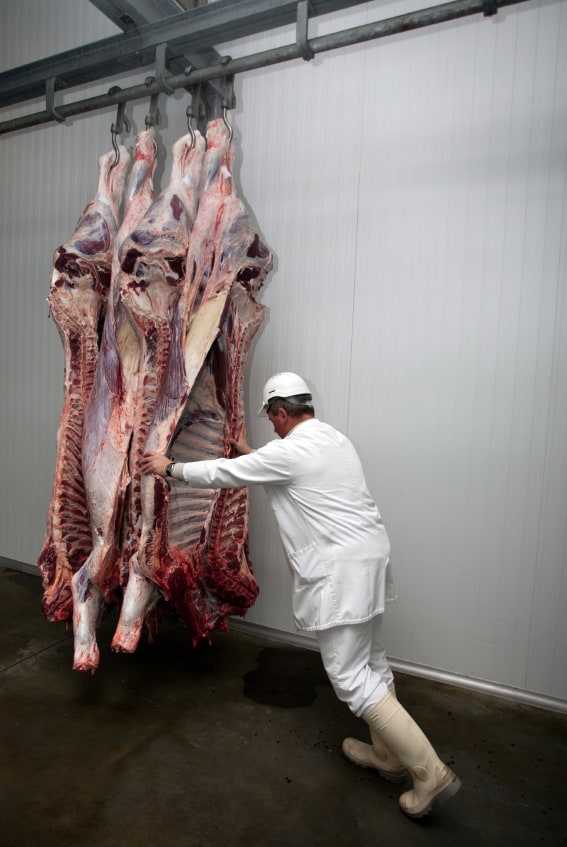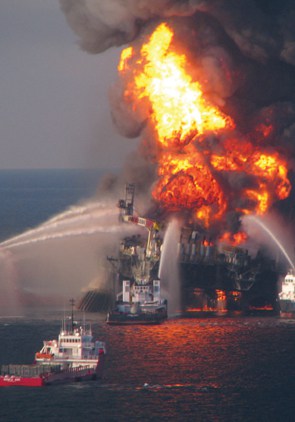This week two new OHS books came across my desk unbidden. Both are very good but have very different contexts and both were published by Baywood Publishing Company Inc.
 “Who Is Nursing Them? It is Us.” “Neoliberalism, HIV/AIDS, and the Occupational Health and Safety of South African Public Sector Nurses” by Jennifer R Zelnick
“Who Is Nursing Them? It is Us.” “Neoliberalism, HIV/AIDS, and the Occupational Health and Safety of South African Public Sector Nurses” by Jennifer R Zelnick
Northern Exposure – A Canadian Perspective on Occupational Health and Environment by David Bennett
South Africa is an exotic foreign land to me. I am aware of the basic political issues of the country for the last 30 years but, in terms of OHS, I know there have been some major mining incidents and that HIV/AIDS is a major occupational and social challenge. Zelnick’s book illustrates clearly the difficulty of tackling a workplace risk that is also a hot, contentious public health and political issue. Continue reading “New books – South African nursing and a Canadian perspective”


 The
The 
